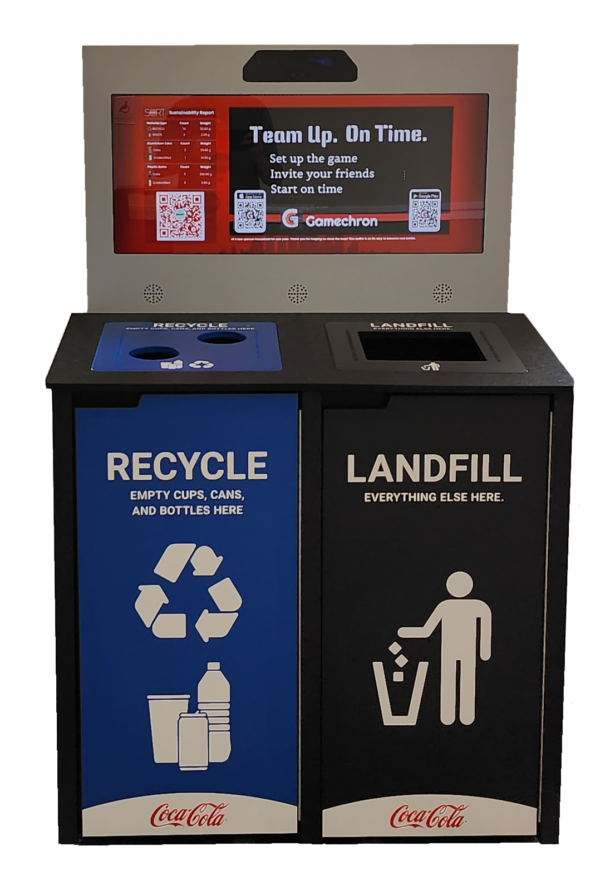As the world becomes increasingly aware of the urgent need to address climate change and promote sustainability, businesses, governments, and individuals are turning to sustainability metrics to measure progress towards a greener future. Sustainability metrics are quantitative measures that track environmental, social, and economic factors related to sustainable development. By tracking these metrics, stakeholders can assess the impact of their actions and make data-driven decisions to improve sustainability outcomes.
Sustainability metrics cover a wide range of topics, from carbon emissions and energy consumption to waste reduction and social equity. For businesses, sustainability metrics can help identify areas where they can reduce their environmental footprint, improve social responsibility, and create economic value. Governments can use sustainability metrics to track progress towards national and international sustainability goals, such as the United Nations’ Sustainable Development Goals (SDGs). Individuals can also use sustainability metrics to measure the impact of their daily actions, such as reducing their carbon footprint or supporting sustainable products and services.
One of the most widely used sustainability metrics is the carbon footprint, which measures the greenhouse gas emissions associated with a product, service, or organization. By tracking their carbon footprint, businesses can identify areas where they can reduce emissions, such as by using renewable energy sources or improving energy efficiency. Governments can use carbon footprint data to inform climate policies and regulations, while individuals can track their personal carbon footprint to make more sustainable choices in their daily lives.
Another important sustainability metric is water usage, which tracks the amount of water used by a product, service, or organization. Water scarcity is a growing global concern, and tracking water usage can help identify areas where water conservation efforts can be improved. For example, businesses can reduce their water usage by implementing water-efficient technologies, while individuals can conserve water by taking shorter showers and using water-efficient appliances.
Social sustainability metrics are also critical for tracking progress towards a greener future. These metrics assess the social impact of a product, service, or organization, such as labor conditions, community engagement, and diversity and inclusion. By tracking social sustainability metrics, businesses and organizations can identify areas where they can improve social responsibility and create positive social impact.
Sustainability metrics are an essential tool for tracking progress towards a greener future. By measuring environmental, social, and economic factors related to sustainable development, stakeholders can make data-driven decisions to improve sustainability outcomes. As the world faces increasingly urgent sustainability challenges, the use of sustainability metrics will become increasingly important for creating a more sustainable and equitable future.




